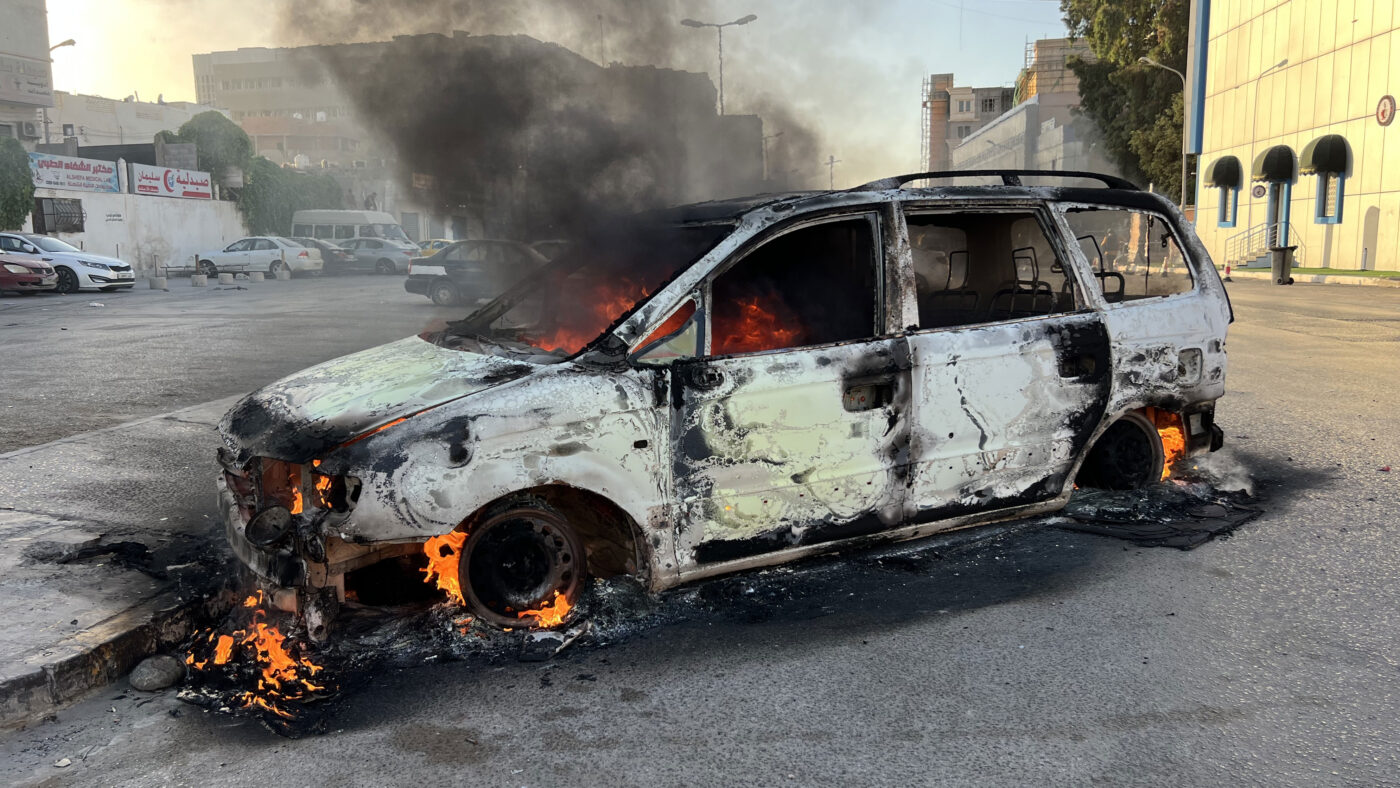Libya today stands at a precipice. It is an intricate tapestry woven with threads of a humanitarian crisis, governance failures, and human rights violations. The world, seemingly drowned in its own crises, has looked the other way toward this beleaguered nation. But we can and must both recognise Libya’s plight and address the festering issues that threaten not only the country’s future but regional stability and global peace.
Since 2020, Libya’s internal turbulence has spiralled into a multi-faceted crisis. A profound humanitarian disaster is at its heart, most notably evidenced by the crumbling health care and education systems. Hospitals, already crippled by the lingering shadows of civil war, are chronically short of both essential medical supplies and staff. Once buzzing with the dreams of Libya’s future, schools lie in disrepair, their halls echoing the despair of a lost generation. This is not just the failure of infrastructure; it is the failure of a nation’s soul.
The Government of National Unity (GNU), ostensibly the torchbearer of progress and reform, has fallen woefully short of its obligations. Instead of spearheading initiatives to rebuild Libya, the GNU appears entrenched in power politics, shunning the prospect of free and fair elections. This dereliction of duty is a disheartening reminder of the unfulfilled promises of a democratic Libya.
Just off Libya’s coast, another crisis unfolds – the escalating immigration problem. Thousands of desperate souls, fleeing conflict and economic hardship, pour into Libya, hoping to cross the Mediterranean to Europe. Yet they find themselves trapped in a vicious cycle of abuse and exploitation, and their dreams of a better life become a nightmare. If left unchecked, the migration crisis threatens to exacerbate strained relations between North Africa and Europe, paving the way for a more significant geopolitical crisis.
The deplorable state of human rights, particularly women’s rights, is another pressing issue that needs global attention. Women in Libya are frequently subjected to violence and discrimination, their voices muffled by the heavy blanket of patriarchy. Their fight for equality is not merely a gender issue, but a human rights issue. We cannot hope for a prosperous and equal Libya without ensuring their rights.
Meanwhile, lawlessness provides a fertile ground for illicit activities. Militias exploit the power vacuum to establish smuggling networks, transforming Libya into a hub for the drug trade throughout Africa. This illegal industry fuels corruption, undermines governance, and perpetuates the cycle of instability.
It’s high time the international community sheds its indifference toward Libya. A stable Libya is crucial to a stable North Africa and, by extension, a stable world. Ignoring the Libyan crisis today might save some diplomatic discomfort, but the future repercussions will be far more severe. A shared commitment to democracy, human rights, and the rule of law can help steer Libya from its turbulent path and towards a brighter future. The journey may be long and arduous, but the first step is to focus on the situation now more than ever.
Click here to subscribe to our daily briefing – the best pieces from CapX and across the web.
CapX depends on the generosity of its readers. If you value what we do, please consider making a donation.


